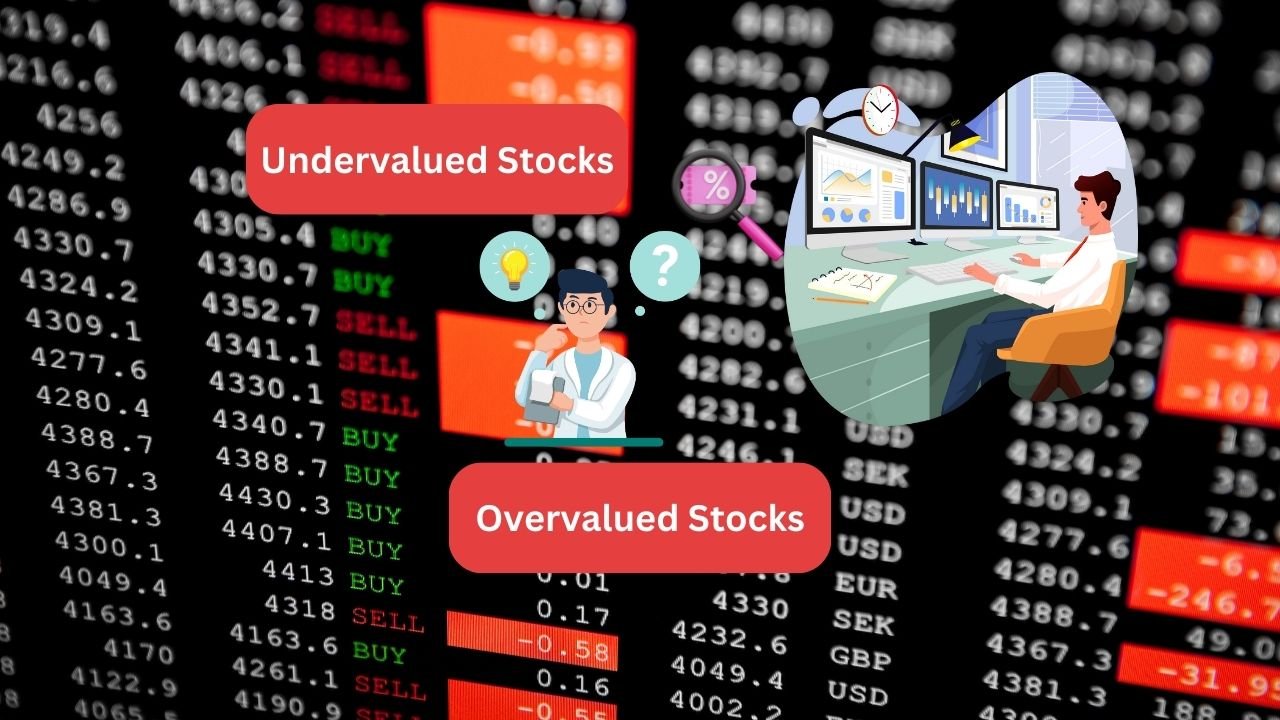Introduction
Investing in the stock market requires careful analysis and evaluation of various factors. One of the most critical aspects to consider is whether a stock is undervalued or overvalued. But how can you make this determination? Let’s delve into the process.
Understanding Valuation
The valuation of a stock is primarily a measure of a company’s current worth in the market. If the current market price of the stock is lower than its intrinsic value, the stock is considered undervalued. Conversely, if the market price is higher than the intrinsic value, the stock is considered overvalued.
Using Financial Ratios
Financial ratios are a great tool to determine if a stock is overvalued or undervalued. Here are a few popular ratios:
1. Price-to-Earnings (P/E) Ratio: This ratio compares the current market price of a stock with its earnings per share (EPS). A high P/E ratio could indicate that the stock is overvalued, while a low P/E ratio could suggest that the stock is undervalued.
2. Price/Earnings to Growth (PEG) Ratio: This ratio establishes a relationship between the P/E ratio and earnings growth. A low PEG ratio could indicate that the stock is undervalued.
3. Price-to-Book (P/B) Ratio: This ratio compares a company’s market capitalization to its book value. A low P/B ratio could suggest that the stock is undervalued.
Peer Comparison
Comparing the company with other similar companies in the same industry can also provide valuable insights. If the company’s P/E ratio is significantly lower than its peers, it could indicate that the stock is undervalued.
Impact of News
News and events can significantly impact a stock’s price. For instance, bad news can lead to stocks becoming undervalued for a short period even though their financial fundamentals remain strong.
The Bottom Line
Determining whether a stock is undervalued or overvalued involves a careful analysis of various factors, including the company’s financials, growth prospects, and the overall market conditions. It’s important to remember that investing in the stock market, like any other investment, involves risk. Therefore, thorough research and due diligence are crucial before making an investment decision. Happy investing!

